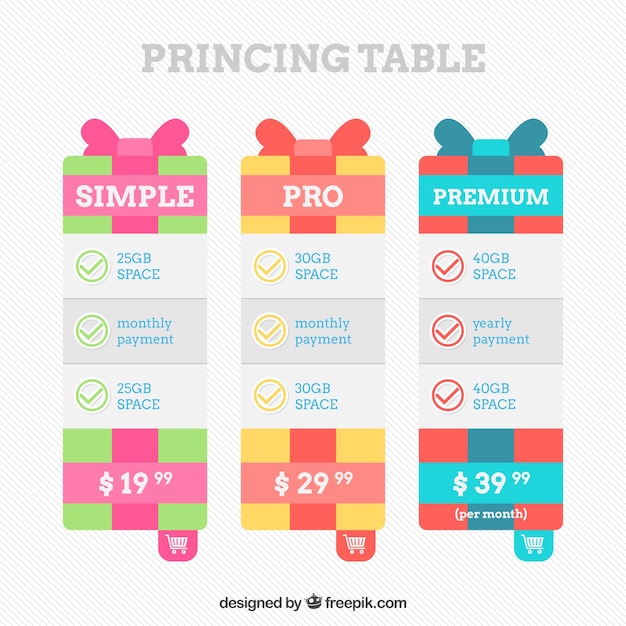
Price matching is a concept where retailers agree to match the price of a competitor’s product if a customer discovers it at a lower cost elsewhere. This strategy enables retailers to stay competitive and appeal to budget-conscious consumers. It’s a common practice among large-scale retailers like Walmart, Target, Best Buy, as well as some smaller independent stores and online platforms. Retailers can either establish a set policy or decide to match prices on an individual basis.
Here’s how it works:
1. Product Identification: Choose the product you wish to buy, which could vary from electronics and attire to groceries.
2. Locate a Cheaper Price: Sprawl through other stores or the same retailer (either online or physically) to spot the same item at a lower amount.
3. Verification: Show proof of the cheaper price to the retailer where you aim to complete your purchase. It generally involves presenting the advertisement, website, or sales flyer that clearly stipulates the cheaper price.
4. Price Match: If the retailer verifies that the lower price is legitimate and matches their policy criteria, they’ll equalize the price for you. This allows you to buy the product less expensively.
CAN YOU SAVE MONEY?
Yes, you can potentially save money through price matching. Here’s how:
LOWER PRICES
Price matching can potentially lower consumer prices because it promotes competition among retailers. This could result in the lowest possible price for a product, ensuring you get the best value.
COMPETITIVE SHOPPING
Price matching nudges consumers to actively compare prices and hunt for the best deals; knowing they can request a price match motivates them to seek lower prices. This propels retailers to fix competitive prices, proving beneficial for consumers.
CONVENIENCE
One tangible advantage of price matching is it facilitates shopping at your favorite retailer without needing to visit various stores for the best prices. This proves particularly beneficial if you trust and are familiar with a specific store.
PRICE DROPS
Price matching lets you secure the lowest available price at purchasing time; it allows you to save when the price drops after the purchase. Price matching ensures you get the best price for your desired item without the need to browse through different stores or online merchants.
Like any retail policy, price matching has its own set of benefits and pitfalls. Here are some pros and cons:
PROS: Improved customer satisfaction, increased trust, allure for customers, price confidence.
CONS: Requires effort and time; various retailer policies and restrictions; exclusions for some products and promotions.
TYPICAL PRICE-MATCHING STRATEGIES:
Competitor, Online, In-Store, Pre-Purchase, and Post-Purchase or Price Drop Protection.
IN CONCLUSION,
Price matching can be a beneficial tool for monetary savings, particularly if you’re a smart shopper ready to invest time hunting for lower prices elsewhere. This tactic works especially well for high-value items, like electronics and appliances. However, one must weigh the pros and cons and comprehend the retailer’s specific policies. Decide whether the potential savings justify the time and effort required. Price matching can be a valuable tool to help you secure the best deals, depending on your shopping preferences and the items you’re buying.


